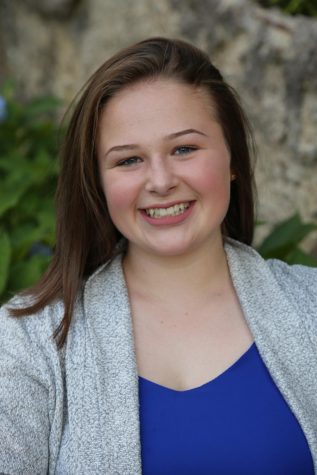Fake News Survey Results
School-wide fake news susceptibility survey analysis
May 11, 2018
Survey link: https://docs.google.com/forms/d/1SAhOnlp1__16Eydi_IVU-rCcygi7gKQgG5kJsJtGm1I/prefill
Unfortunately, as evidenced by results of a school-wide survey, it is all too often that people find themselves a victim of ‘fake news’. Fake news is a headline or story that is untrue, however is supported by evidence that could be perceived as true, in an effort to sway opinion or make you believe something.
Recently, I put together a survey with a variety of headlines, both real and fake, and asked respondents to state whether they believed the headline was true or false. Not all of these were politically motivated headlines. The headlines that were not politically motivated were answered incorrectly more commonly.
The headline that garnered the most incorrect answers was a headline involving Florida and marijuana. The headline said “Florida Approves Recreational Marijuana.” The topic of marijuana legalization is in the news, which is why I thought it was odd that 69% of people answered incorrectly.
A politically-motivated headline, “Marco Rubio Gives Felons Right to Own Weapons”, 82.8% answered correctly. This was odd, especially with Florida’s -and Marco Rubio’s in particular- views surrounding the Second Amendment are so widely publicized, and often, criticized.
Before students could even get to the link to the survey, they often found themselves a victim of fake news. In an effort to gather survey results, the subject of the email that students received involved the promise of prizes. When they read the email, they realized that they had become a victim of fake news. This caused anger among students.
“I am very disappointed that there is no prize to this. I cannot believe that I was let down,” freshman Meaghan Riccio said.
Senior Olivia Doane said “I couldn’t win a prize so I deleted the email.”
While the freshmen fell prey to the promise that they could win prizes more easily than other grades, they continued through the email and ultimately took the survey. Seniors, did not. This was further evidenced by Amanda Sheehan.
“I saw the email, read the subject, knew it was not true and just deleted it. I didn’t even read it.”
Although Sheehan could be evidence that people do not allow themselves to become victims of fake news, she is one of thirty.


